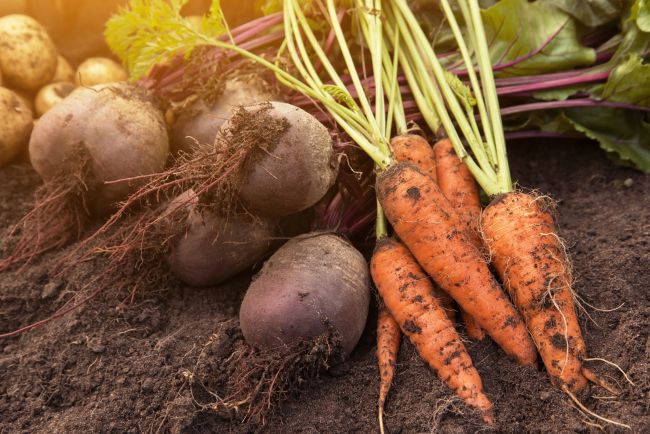From Soil to Soul: The Benefits of a Home Vegetable and Fruit Patch

In an age where urbanisation dominates, and the hustle and bustle of daily life can often feel overwhelming, many people are seeking solace in nature. One increasingly popular way to reconnect with the earth is by cultivating your own fruit and vegetable patch. Not only does this activity provide fresh produce, but it also offers significant benefits for both mental and physical health. For individuals recovering from addiction, engaging in gardening can be a therapeutic outlet that promotes healing and well-being.
A Therapeutic Connection to Nature
Gardening is a wonderful way to immerse oneself in nature, which has been shown to have a calming effect on the mind. Spending time outdoors, surrounded by plants and fresh air, can reduce stress levels and improve mood. The act of nurturing plants encourages mindfulness, allowing you to focus on the present moment and create a sense of purpose.
Research has shown that being in green spaces can lower cortisol levels, the hormone associated with stress. The simple act of tending to a garden can create a sense of accomplishment and satisfaction, which is vital for mental health recovery. A drug rehabilitation centre in Essex promotes gardening and time in nature as an activity that can be constructive, increase resilience and create sense of community.
Physical Health Benefits
Growing your own fruits and vegetables not only nurtures the mind but also significantly contributes to physical health. Engaging in gardening activities provides a moderate form of exercise, which can help improve cardiovascular health, build strength, and enhance flexibility. Digging, planting, weeding, and harvesting involve various muscle groups, making gardening a full-body workout.
Moreover, cultivating your own produce encourages a healthier diet. Homegrown fruits and vegetables are often fresher and more nutritious than store-bought options. They are free from harmful pesticides and chemicals, allowing you to consume food that is both wholesome and safe. Eating a diet rich in fruits and vegetables has been linked to numerous health benefits, including reduced risk of chronic diseases such as obesity, diabetes, and heart disease.
The Joy of Harvesting
One of the most rewarding aspects of growing your own garden is the joy of harvesting your produce. This experience can instil a sense of pride and accomplishment, as you witness the fruits of your labour come to fruition. The act of picking ripe tomatoes, crisp cucumbers, or sweet strawberries can be exhilarating and fulfilling. This connection to the food you consume fosters a greater appreciation for healthy eating and encourages better dietary choices.
Additionally, sharing your harvest with friends, family, or neighbours can strengthen social bonds and create a sense of community. This social interaction is crucial for mental well-being, providing individuals with opportunities for connection and support, which are essential components of a healthy lifestyle.
Gardening as a Mindful Practice
Gardening can also serve as a form of mindfulness practice. By focusing on the sensory experiences of gardening—the feel of the soil, the scent of herbs, the sight of vibrant colours—you can cultivate a deeper connection to the present moment. Mindfulness has been shown to reduce symptoms of anxiety and depression, making gardening a perfect avenue for those seeking emotional stability.
For individuals in recovery, incorporating mindfulness into daily routines can significantly enhance the healing process. Gardening encourages a slower pace of life, allowing for reflection and introspection. This can be particularly beneficial for those who may struggle with impulsivity or emotional triggers associated with addiction.
Environmental Awareness and Sustainability
Growing your own vegetable and fruit patch also fosters a greater awareness of environmental issues and sustainability. As you learn about the cycles of nature, you become more attuned to the importance of biodiversity and eco-friendly practices. This knowledge can inspire you to adopt a more sustainable lifestyle, which can further enhance your mental and physical well-being.
Participating in gardening can also contribute to local ecosystems. By planting a variety of species, you can attract beneficial insects and pollinators, promoting a healthier environment. This connection to nature and the larger community enhances feelings of belonging and purpose.
In conclusion, cultivating your own vegetable and fruit patch is a rewarding endeavour that offers numerous benefits for both mental and physical health. From providing a therapeutic connection to nature to fostering a sense of community and accomplishment, gardening is a holistic practice that can greatly enhance well-being. For individuals battling with substance issues, gardening can be a powerful tool for healing and personal growth. Embracing this green pastime not only nurtures the body through fresh, nutritious food but also nourishes the soul, paving the way for a healthier, happier life.


